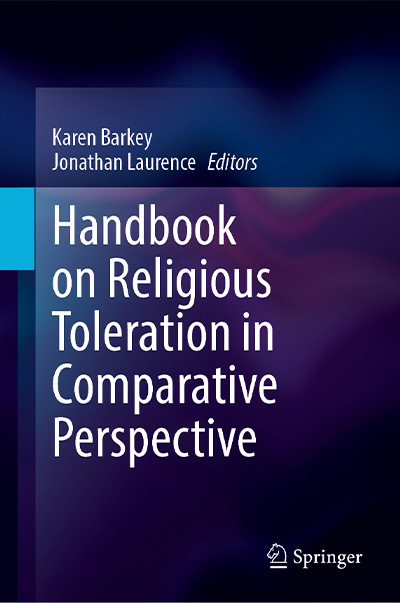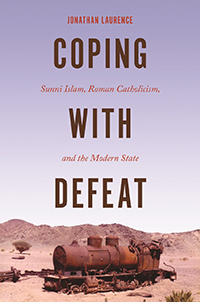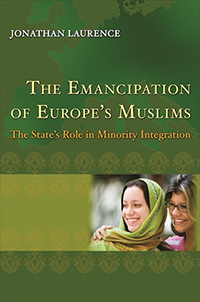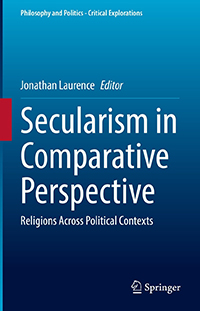Meet the Director
Jonathan Laurence is Professor of Political Science at Boston College and Director of the Clough Center for the Study of Constitutional Democracy. A specialist in comparative politics, Laurence has conducted fieldwork in more than a dozen countries, held fellowships in France, Germany, and Italy, and served as a non-resident senior fellow at the Brookings Institution in Washington, DC. He holds a B.A., summa cum laude, from Cornell University, a C.E.P. from Sciences Po, and an M.A. and Ph.D. in Government from Harvard University.
Professor Laurence’s scholarship focuses on politics and religion in Western Europe, Turkey, and North Africa. He is the co-author of Integrating Islam: Political and Religious Challenges in Contemporary France (2006) and the author of The Emancipation of Europe’s Muslims: The State’s Role in Minority Integration (2012). In his latest work, Coping with Defeat: Islam, Catholicism, and the Modern State (2021), Laurence offers a geographically and historically wide-ranging comparative analysis of Islamic and Catholic political-religious empires. Arguing that Catholicism and Sunni Islam have employed analogous strategies for responding to the loss of political power, Laurence suggests that their histories have much to teach contemporary democracies and religious leaders about combatting extremism, preserving the spiritual authority of religious tradition in “secular” states, and promoting peace in polarized societies. Professor Laurence’s scholarship has won acclaim from many organizations, including the American Academy in Berlin and the American Library Association. Most recently, in 2022, the American Political Science Association named Coping with Defeat the Best Book in Religion and Politics, which was his fourth APSA award.
Outside of the academy, Professor Laurence is a prolific and respected analyst. During his time at the Brookings Institution (2003-2018), he addressed lawmakers on Capitol Hill, briefed diplomats, led a team of analysts at the State Department, and served on the Foreign Policy committee of two presidential campaigns. He is a lifetime member of the Council on Foreign Relations, his research and commentary on international affairs have been featured on CNN and in the Washington Post, and he has published essays in the New York Times, Le Monde, Der Spiegel, the Frankfurter Allgemeine Zeitung, and the Wall Street Journal.






